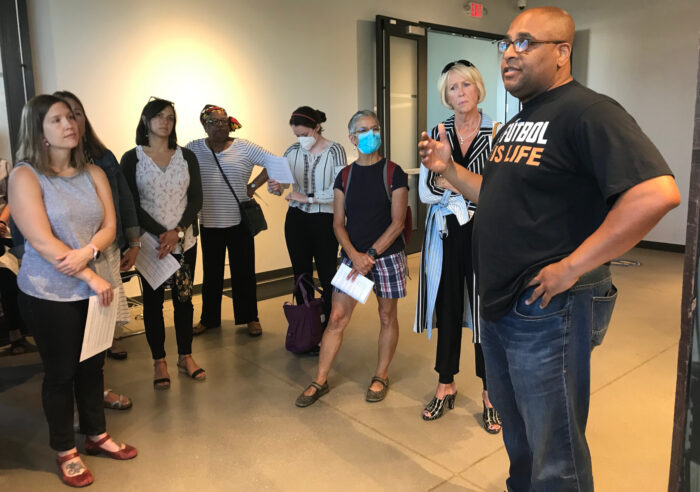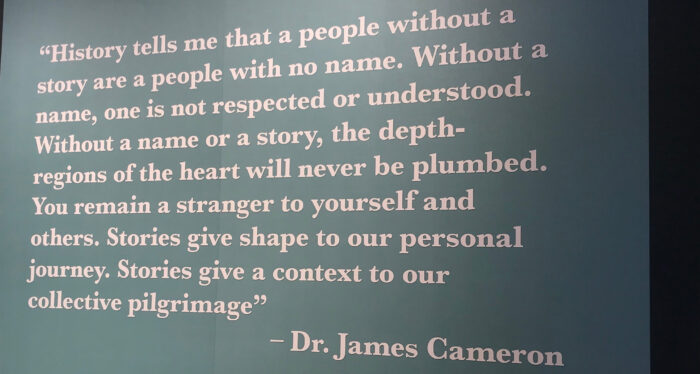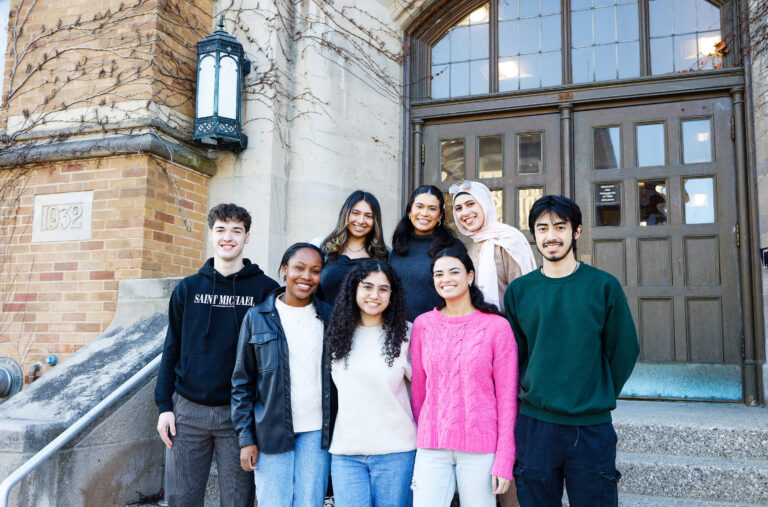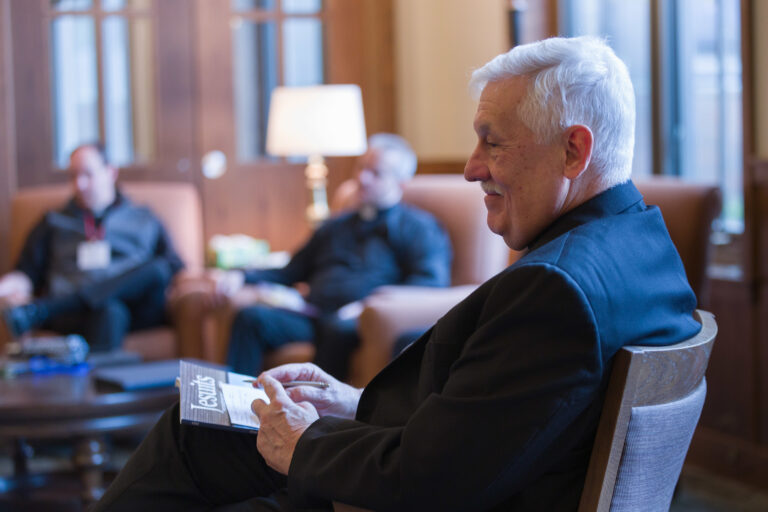By Michael Vazquez, graduate assistant of the Office of Institutional Diversity and Inclusion

On Wednesday, Aug. 10, I attended a tour and group discussion at America’s Black Holocaust Museum (ABHM), hosted by Marquette University’s Office of Institutional Diversity and Inclusion. ABHM was founded by Dr. James Cameron, one of the only known survivors of a lynching, who wanted to educate others of the injustices that African Americans have experienced historically – and continue to encounter.
Dr. Cameron created ABHM after visiting Yad VaShem, the Holocaust Memorial Museum in Jerusalem, Israel. As a sophomore at the University of Wisconsin-Milwaukee, I was also able to visit the Holocaust Memorial Museum. In comparing my experiences at both museums, I can say that there are several similarities. The experiences of the Jewish people and African Americans is one filled with atrocity and racism. After visiting ABHM, I also became acutely aware of my lack of knowledge and education surrounding the histories of the marginalized.
Growing up, my history teachers briefly touched on slavery and the Civil Rights movement. I never got a sense of what happened in between. We never read about the experiences of African Americans and the oppression that they were continuously facing. In hindsight, I would say that many of my history classes were Eurocentric. As a Latino student who was not exposed to the history of Latinxs or other marginalized groups in my social studies classes, I became unsatisfied and disengaged.
During my senior year of high school, I gained a yearning desire to know more about the historical context of the marginalized. I took a class called Comparative Cultures in which our teacher encouraged us to critically think about and voice our opinions on issues that are difficult to speak on. As I transitioned to college, I began to take classes that centered around people of color. I wanted to be exposed to a side of history that I had not previously been taught. My college professors presented such history with honesty, and they encouraged us to dive deeper into it as that would allow us to gain a better understanding of the experiences of the marginalized even into the 21st century.

ABHM showed just that. Dr. Cameron has provided Milwaukee and beyond with an honest and devastating history suffered by the African American community.
While I was at ABHM, I stumbled across the following quote. Alex Haley, an American writer, mentioned, “In all of us there is a hunger, marrow-deep, to know our heritage – to know who we are and where we have come from. Without this enriching knowledge, there is a hollow yearning. No matter what our attainments in life, there is still a vacuum, an emptiness, and the most disquieting loneliness.”
Throughout the years, I have desired to know more and at times I have felt that there is an emptiness from within as I still have more questions. Despite having yearning questions, I have shared with others what I do know. During the reflection session after the ABHM tour, I revealed my own experiences as a person of color, but I also shared that there is an ongoing struggle for racial equality. My small group and I agreed that uncomfortable conversations must occur so that we can grow in knowledge and create inclusive spaces to advance racial justice.
Currently, Marquette offers students, faculty and staff opportunities to engage in such conversations. For instance, Marquette’s annual Symposium on Diversity, Inclusion and Social Justice allows for people to have a discussion on what is being done and can be done to address issues related to diversity, equity and inclusion. In addition, the Center for Race, Ethnic, and Indigenous Studies (REIS) allows for students to partake in classes that will help them gain knowledge on racial, ethnic and Indigenous histories, cultures, literatures and contemporary issues facing these communities. Marquette has provided these and other spaces for fruitful conversations and growth for students, faculty and staff, yet we do need deeper and broader engagement. There must be a collective and continued effort to ask critical questions, learn more and engage in sometimes difficult dialogues across our differences, so that we can center those who have been marginalized for too long and truly become an inclusive campus.


